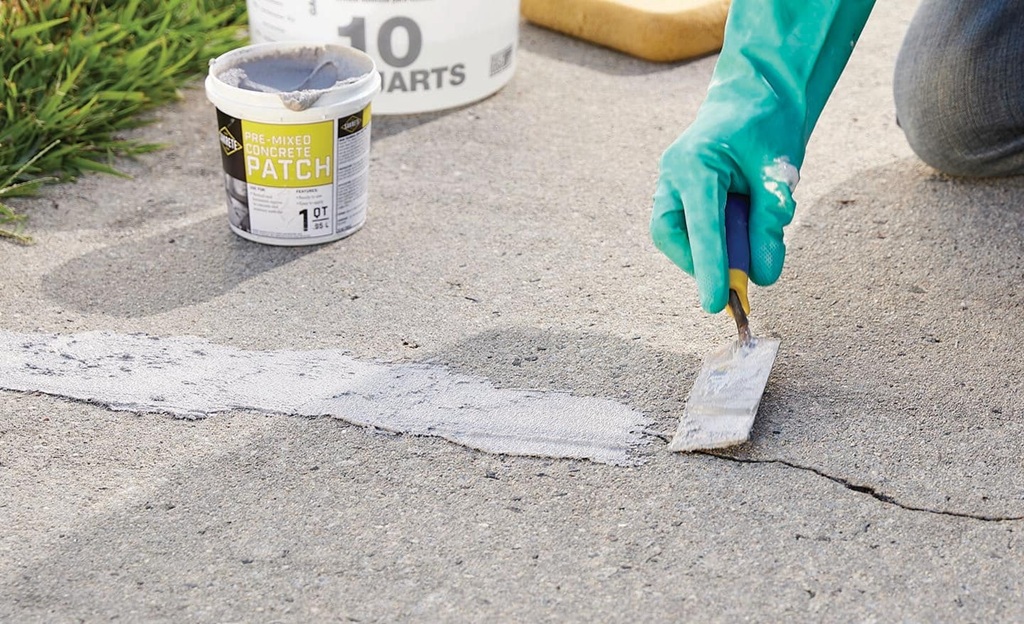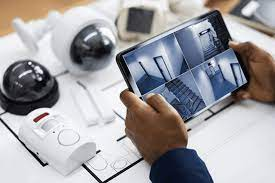Polyvinyl chloride (PVC) pipes are widely used in plumbing, irrigation, and construction due to their durability, low cost, and ease of installation. Unlike metal pipes, PVC pipes are resistant to rust and corrosion, making them a long-lasting solution in a variety of applications. However, like any other material, PVC pipes require maintenance to ensure they continue to function optimally over time. By following a few simple maintenance tips and best practices, homeowners and businesses can extend the lifespan of their PVC pipes, avoid costly repairs, and maintain efficient systems.
Regular Inspections and Early Detection of Problems
One of the most effective ways to maximize the lifespan of PVC pipes is to conduct regular inspections. Routine checks can help identify minor issues before they turn into major problems. When inspecting PVC pipes, look for signs of damage such as cracks, leaks, or bulges. These can be caused by external factors like ground movement or pressure from heavy objects placed above the pipes. Additionally, make sure there are no blockages or clogs inside the pipes that could increase pressure and lead to ruptures.
Early detection of issues allows for prompt repairs, which can prevent expensive replacements. If a problem is detected, it’s often best to contact a professional plumber to assess the extent of the damage and recommend the most suitable course of action.
Avoiding Excessive Water Pressure
Excessive water pressure is one of the leading causes of damage to PVC pipes. High water pressure can cause pipes to burst or leak, resulting in costly water damage and the need for pipe replacements. To avoid this, it’s essential to install a pressure regulator at the point of entry into the plumbing system, especially if you live in an area with high water pressure. A pressure regulator ensures that the water pressure remains within safe limits for the pipes and other plumbing components.
For systems that involve irrigation, make sure the water pressure is adjusted to the manufacturer’s recommended settings. Too much pressure in an irrigation system can strain PVC pipes and lead to cracking, especially in areas exposed to direct sunlight.
Protecting Pipes from Physical Damage
PVC pipes are durable, but they are not immune to physical damage. If the pipes are exposed to external pressure or impact, they can crack or break. Ensure that the pipes are buried deep enough underground to avoid damage from traffic or heavy machinery. In areas where pipes are exposed, such as in crawl spaces or basements, protect them with additional insulation or padding to prevent accidental impacts.
It’s also essential to avoid using sharp tools or equipment around exposed pipes. When working on your lawn or garden, take care not to accidentally strike or damage PVC pipes. Additionally, if you’re building or renovating, make sure that PVC pipes are not inadvertently placed under heavy objects that could place undue stress on the system.
Use PVC Valves and Fittings Correctly
PVC valves and fittings play a critical role in ensuring the proper function of a PVC piping system. These components are designed to control the flow of water and provide easy access points for maintenance. When installing or maintaining PVC pipes, always use the correct fittings, and ensure that they are properly glued or threaded into place. Improper connections can lead to leaks, pressure loss, and potential system failure.
When working with PVC valves, ensure they are compatible with your specific type of piping system. For instance, certain valves are designed for high-pressure applications, while others are suited for lower-pressure systems. Always follow the manufacturer’s instructions to prevent any issues that could shorten the lifespan of your piping system.
Avoid Exposure to UV Rays
While PVC pipes are resistant to many environmental factors, extended exposure to ultraviolet (UV) rays from the sun can degrade the material over time. UV exposure can cause PVC to become brittle, making it more prone to cracking and breaking. If your PVC pipes are exposed to the sun, consider covering them with UV-resistant paint or insulating materials. This simple step can help protect the pipes from sun damage and prolong their lifespan.
In addition, avoid installing PVC pipes in areas where they are likely to be exposed to extreme temperatures, such as in areas prone to freezing. In freezing conditions, water inside the pipes can expand, causing the pipes to crack or burst. Insulate the pipes or relocate them to a more protected location to prevent damage from freezing temperatures.
Maintaining Proper Drainage
Good drainage is essential for ensuring that PVC pipes are not subjected to unnecessary stress. Clogged or slow-draining pipes can increase pressure, making them more likely to fail. To prevent blockages, avoid pouring grease, oils, or non-degradable materials down the drain. These substances can accumulate and form clogs that are difficult to remove.
If you experience slow drainage, use a plunger or plumbing snake to clear the blockage, or contact a plumber for professional assistance. Regularly cleaning your drains and maintaining good drainage habits will help keep your pipes functioning smoothly and prevent long-term damage.
Professional Maintenance
While DIY maintenance can be effective for minor issues, it’s important to have a professional plumber inspect and maintain your PVC pipes on occasion. A licensed plumber can provide thorough inspections, cleanings, and repairs that may not be evident to an untrained eye. They can also recommend upgrades or modifications to your plumbing system that could enhance the efficiency and longevity of your PVC pipes.
Regular professional maintenance is especially important for larger plumbing systems or industrial applications, where the risks of pipe failure can be higher. An expert can provide tailored advice and ensure that your pipes remain in top condition.
PVC pipes are a reliable and cost-effective solution for a wide range of plumbing needs. By following these maintenance tips and best practices, you can significantly extend the lifespan of your PVC pipes and avoid the hassle of frequent repairs or replacements. Regular inspections, pressure regulation, physical protection, and UV shielding are essential steps in maintaining a functional and durable PVC piping system. With proper care, your PVC pipes can continue to serve you well for many years to come.




